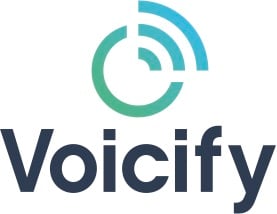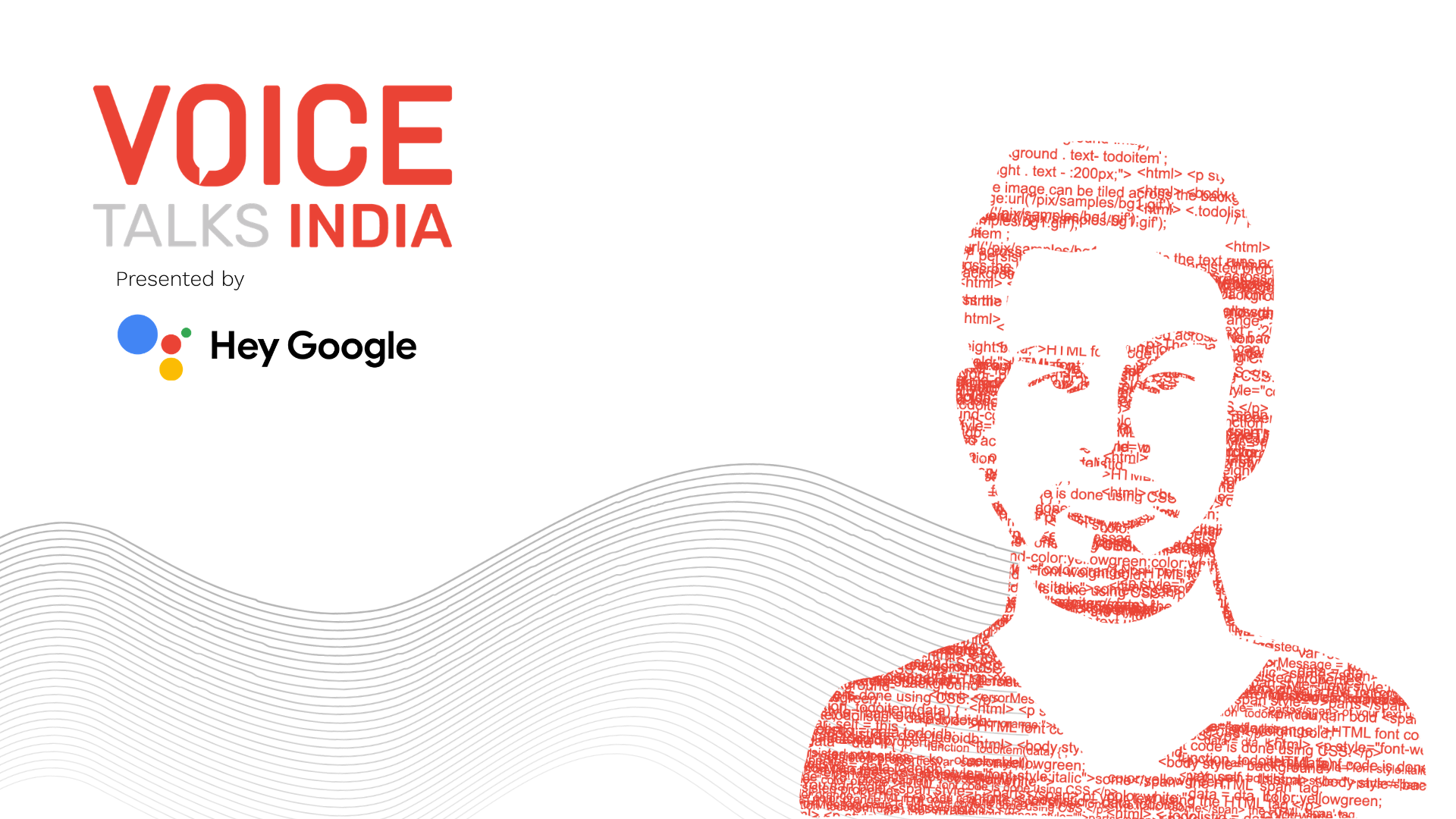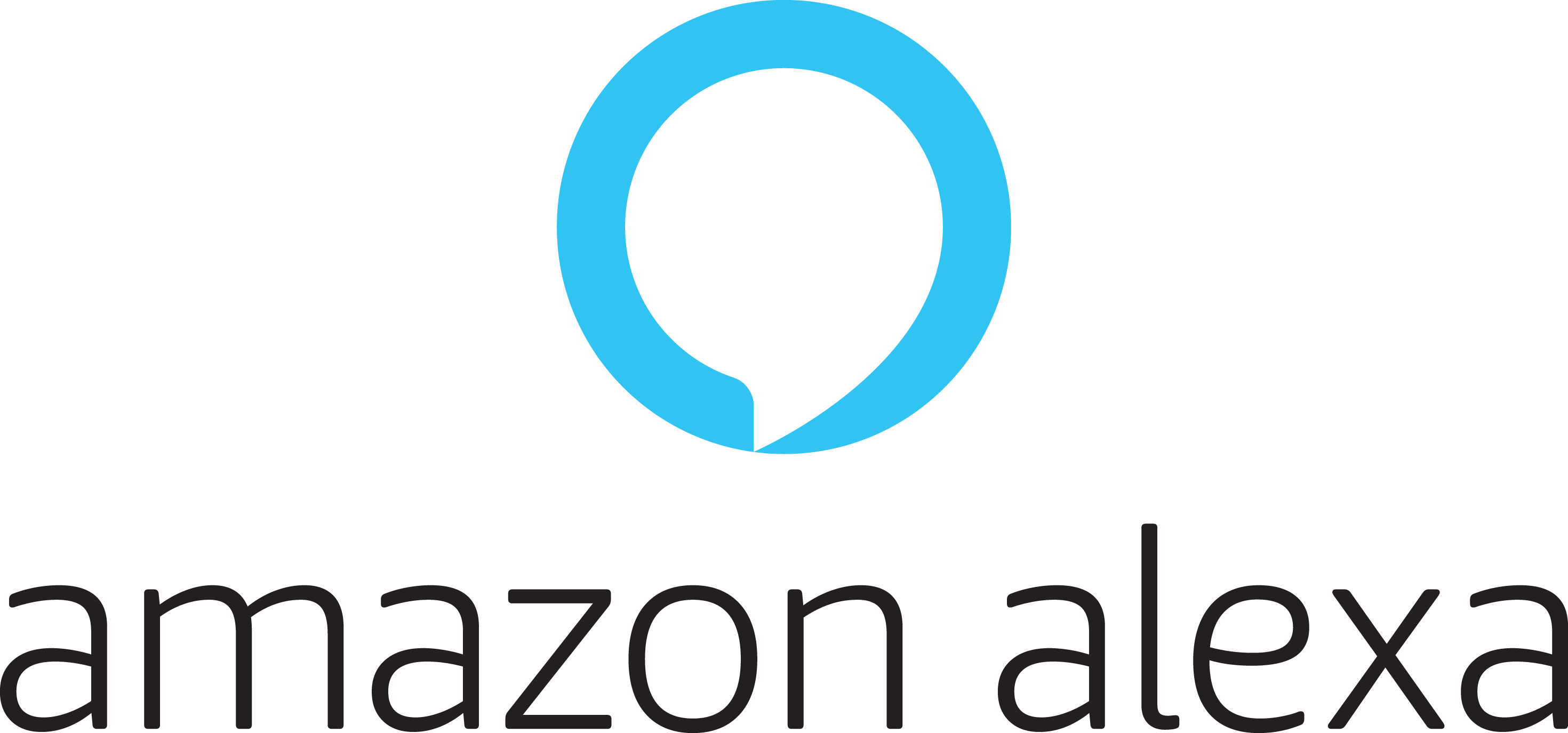





“The world will forgive you if you can’t ride a bike, play the violin, or kick a soccer ball, but society won’t forgive you if you can’t spell, read, or write well.”
Nelson Lauver, a host, author, and the director of ProblemTank is one of the millions of Americans with dyslexia who use Grammarly, an online proofreader and grammar/spelling checker. Grammarly is a favorite amongst dyslexics for its ability to disentangle letters and gently correct mistakes that flummox standard spellcheckers like MS Word and Google.
Grammarly is up there with Dragon Dictation, a speech-to-text software that enables students to translate their mental pictures into well-written emails and essays. Other assistive technology includes text-to-speech so dyslexics can make sense of written materials given to them, smart pens that recreate the written text into digital form, and a plethora of software platforms and mobile apps that help those with dyslexia navigate the written world we take for granted.
Now in the age of Alexa, Google, Cortana and others, people with dyslexia have more options than ever to assist them in school, at work, or in their personal lives.
Alexa and Google are ideal for answering questions like "How do you spell Mississippi?", "What's climate change?" and "What does 'discombobulate' mean?"
Certain Alexa Skills can also be of great assistance, such as Note-Taker to create notes and to-do lists without the struggle of handwriting or typing; Listening Comprehension Practice for quick stories and subsequent quizzes; and Audible or Kindle for books to be read out loud—an exceptionally helpful skill when an essay is due on a certain book.
The influx of voice technology has been particularly welcome in the realm of education. Students can consult a smart speaker in the classroom before poking the teacher with repetitive questions. Dyslexic students can access non-judgmental assistance in reading classroom materials out loud or correcting their grammar and spelling before handing in their work.
Voice-driven assistance isn't only game-changing for those with learning disabilities but also for those without. In a blog post, a librarian at St. Anne’s-Belfield School in Charlottesville, Virginia, detailed how students regularly ask the Google Home on the counter about authors, book titles, and other library resources.
At Arizona State University (ASU), engineering students received Echo Dots to use on campus. Their questions ranged from "Alexa, what's the area of a circle?" to "Alexa, where's the science building?"
Bringing voice technology into the classroom is undoubtedly beneficial for every student. Unlike the mouse and keyboard, voice technology brings most people back to what they've always known: talking, asking questions, and telling stories.
Guinevere Eden, director of the Center for The Study of Learning at Georgetown University explained in an NPR segment that the human brain was "not initially designed to read". Reading is a relatively new activity for humans, whereas language is our oldest form of communication. We're natural born storytellers with an oral memory, she says.
This fascinating (and somewhat comforting thought for dyslexics) is yet another reason why voice technology should already be commonplace in the homes, workplaces, and classrooms of children and adults with learning disabilities. While fears of "technological dependency" and privacy still plague most parents, the tremendous benefit of creating an efficient and engaging learning environment for their children should heavily outweigh these concerns.
In an interview with Edscoop, Premkumar Natarajan, director of USC's Information Sciences Institute explained, "I believe all educational institutions and organizations should be at the forefront of exploring technology that holds the potential of improving the learning experience for the broadest number of people possible."
Like Natajaran, every person with learning disabilities anticipates the widespread presence of voice technology in education in the future. After all, according to Guinevere Eden, verbal language is what our brains were designed for.
Want to learn more about accessible voice tech? Read our post on how voice assistants are changing how people with disabilities get things done.




.png)

VOICE Copyright © 2018-2022 | All rights reserved: ModevNetwork LLC
